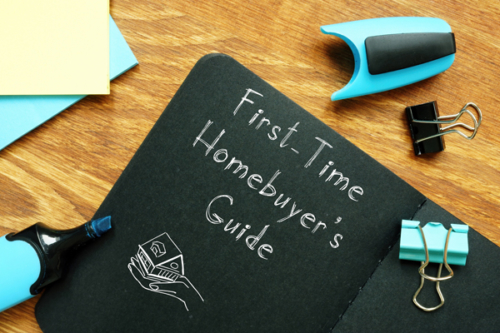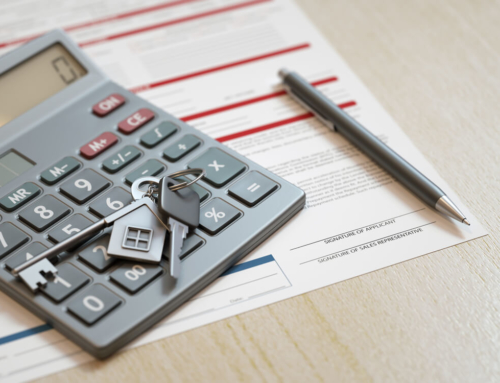Buying process
Buying a home can be tricky, here we give you a step-by-step guide on the process and what to expect when you are applying for a mortgage, so you are prepared and understand how and when things happen.
 Before we start getting into the actual process of buying a house there a few things that you would ideally have done first. First you will want to find out how much you can borrow. You can do this by speaking to a mortgage broker or bank. They will be able to give you an accurate figure on the amount you can borrow and get you an agreement in principle.
Before we start getting into the actual process of buying a house there a few things that you would ideally have done first. First you will want to find out how much you can borrow. You can do this by speaking to a mortgage broker or bank. They will be able to give you an accurate figure on the amount you can borrow and get you an agreement in principle.
The second is to know how much actually buying a property cost. You will need to factor in things such as stamp duty, solicitors, and a survey. Now don’t worry if you don’t know these amounts, just speak to a mortgage broker who will be happy to give you a rough figure for these.
Now let’s go through the process!
Viewing and making an offer
Now you know how much things costs and have your agreement in principle you can start booking viewings with estate agents. Once you have found your home you will make an offer, there might be some negotiations involved to agree a price both parties will accept.
Contact your mortgage broker or bank
Once you have had your offer accepted you will need to get back in contact with your mortgage broker or bank who will then compare mortgage options and deals that are right for you. Just remember a broker has access to a larger choice of deals than a single bank or lender who can only offer you want they have.
Conveyancing solicitor/ Conveyancer
After you have had your offer accepted, you will need to find and instruct a conveyancing solicitor or conveyancer to do the legal paperwork.
A conveyancing solicitor or conveyancer specialise in property.
A good tip is to ensure that the conveyancing solicitor or conveyancer is on the panel with your chosen lender. This will ensure that they do not need to outsource your case to another company on your behalf.
Applying for your mortgage
Once your mortgage broker or bank has gone through your mortgage options with you and your happy with the selected deal and you have instructed your solicitor your mortgage broker or bank will apply for your mortgage.
The Mortgage broker or bank will require certain documents such as ID, proof of address, payslips, bank statements, accounts, proof of deposit etc so it’s a good idea to have these ready.
Underwriting & Valuation
Now that your mortgage application has been sent to the lender it will get assessed by an underwriter who will go through your case in finer detail. Different lenders will have different processes however they will normally instruct a valuation around the underwriting stage.
Please note that this valuation is a mortgage valuation for the purpose of the mortgage only and is to make sure the lender is happy to lend on the property. If you want a more in-depth valuation which goes through the condition of the property you will need to arrange this.
Searches
Whilst your mortgage is being underwritten, your solicitors will be applying for searches such as local authority searches, environmental searches, drainage and water searches to name a few. This information is designed to reveal any potential issues with your property or the surrounding area to make sure buying the property is in your best interests from a legal perspective.
When the searches are obtained, your conveyancer may need to raise enquiries based on the information that’s come back and once all searches have been returned and enquires answered contracts will be drawn up.
Mortgage Offer
Once the valuation has been carried out and the case has been underwritten you will be given a mortgage offer. This means that the lender has agreed to lend you the funds based on you and the property.
Exchange of Contract
Once all the searches have been returned and all the enquires have been answered you will exchange contracts and a completion date will be agreed.
You will be asked to transfer the deposit money to the conveyancing solicitor or conveyancer slightly before the exchange of contracts to ensure they have it there ready for the exchange.
Exchange of contract is the stage when you are legally binded to purchase the property.
Completion
You get your keys and move in.
This is only a guideline of what to expect every purchase and situation is different and can be more complex speak to a conveyancing solicitor or a mortgage broker to help guide you through this.
Your home may be repossessed if you do not keep up repayments on your mortgage.



